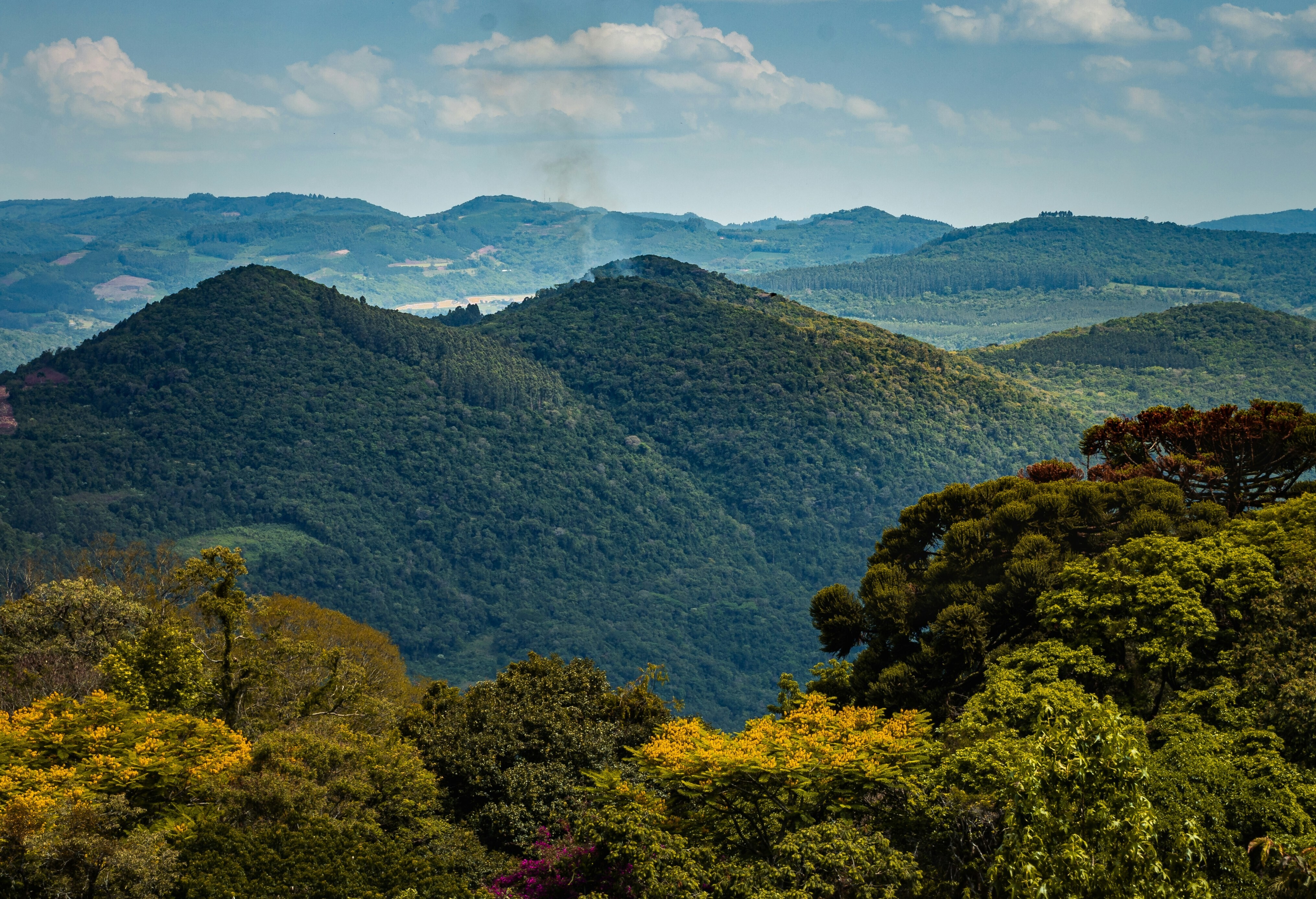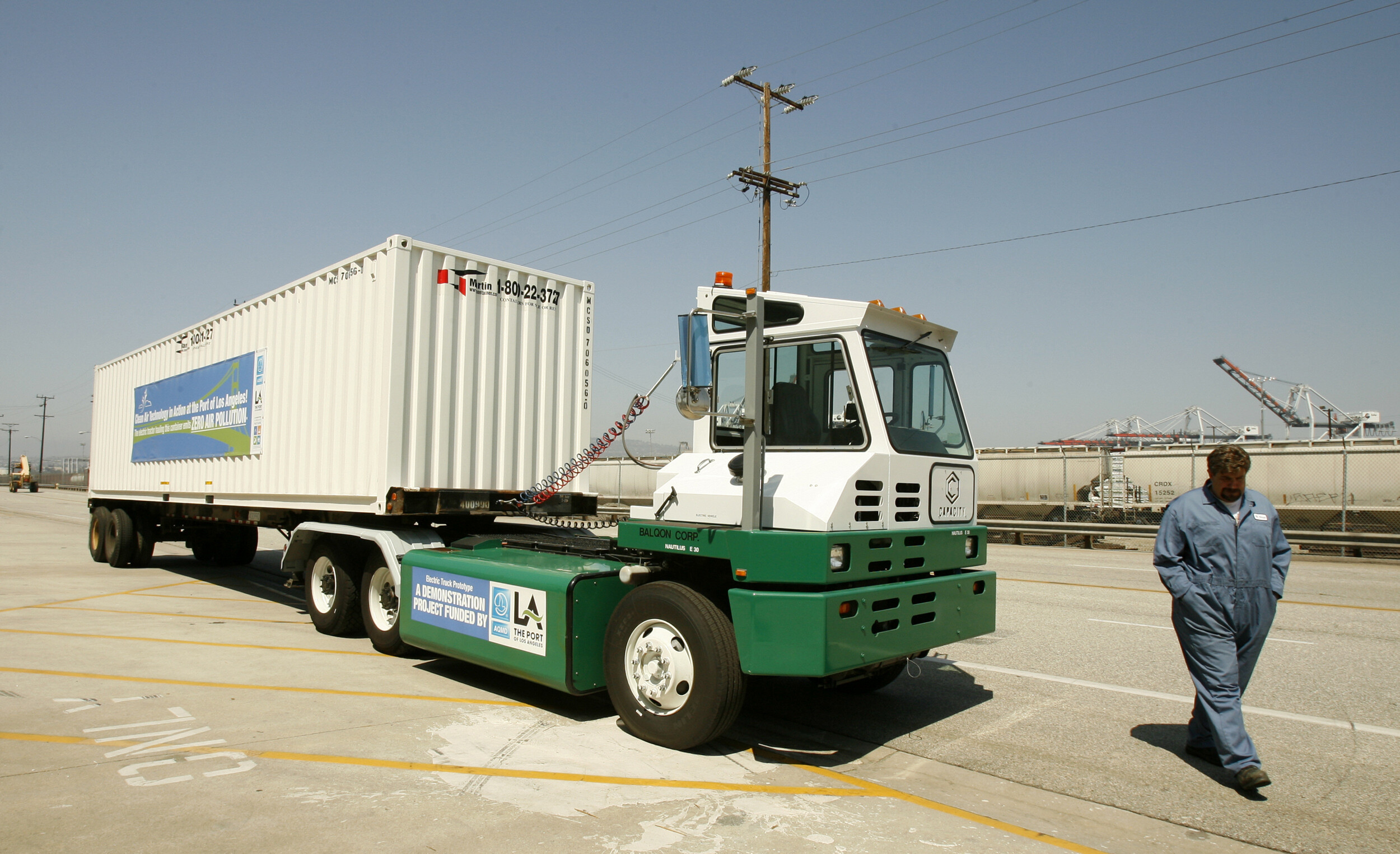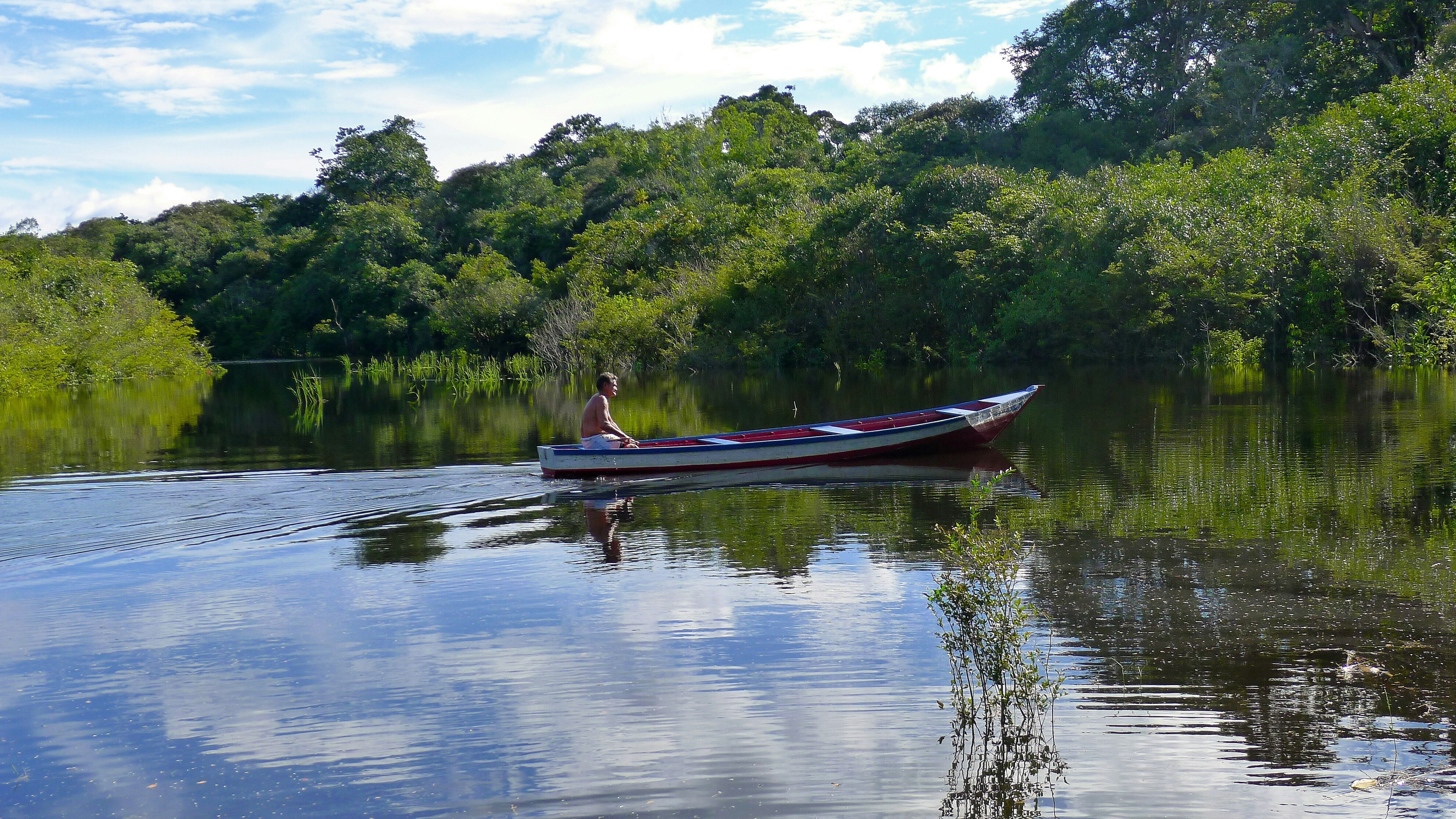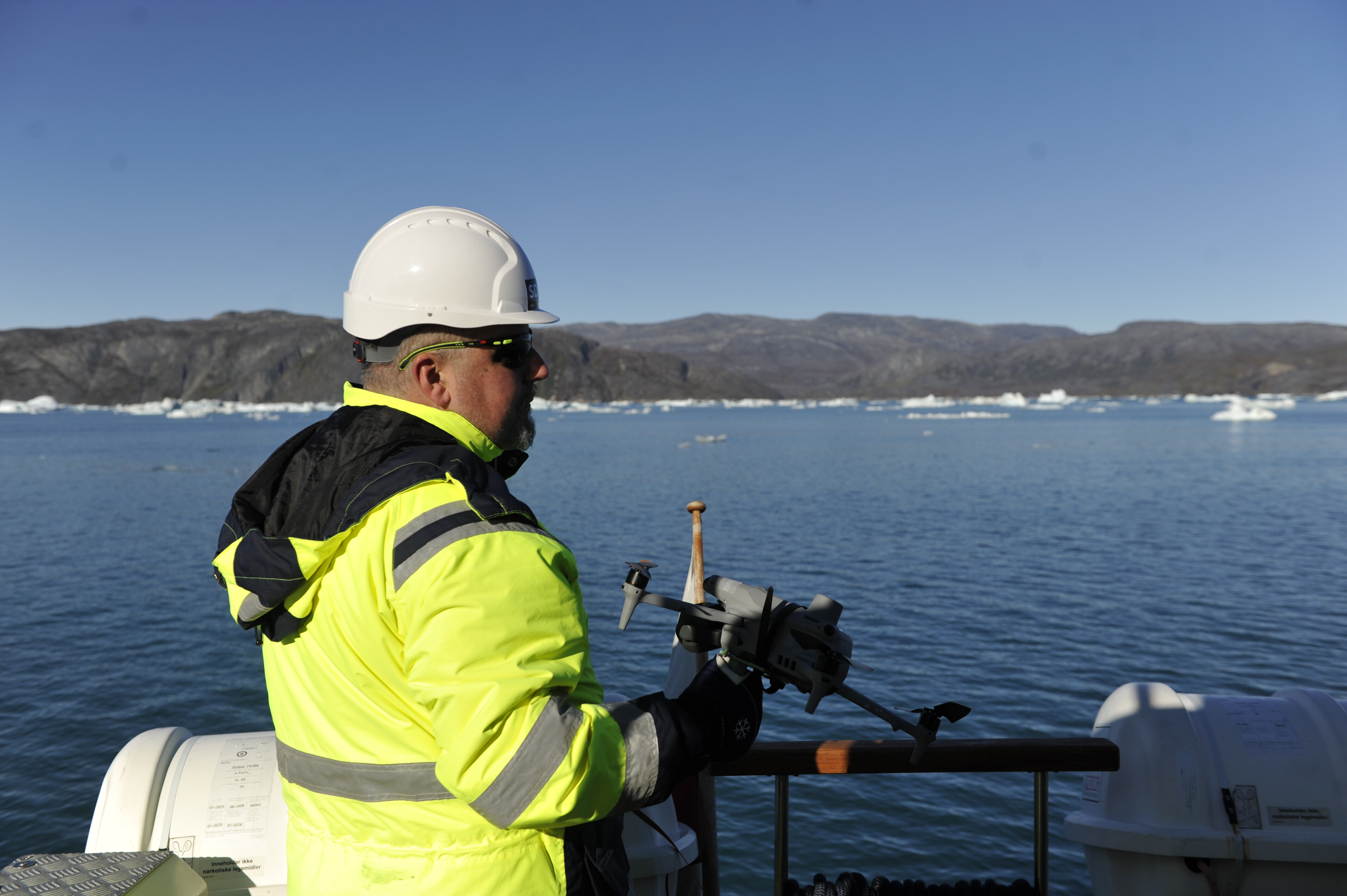COP29 key takeaways, and other nature and climate stories you need to read this week

A $300 billion climate finance fund was agreed. Image: REUTERS/Maxim Shemetov/File Photo
- This weekly round-up contains the key nature and climate news from the past week.
- Top nature and climate news from COP29: $300 billion funding pledge; Concerns over fossil fuel "backsliding"; Progress on a global carbon market framework.
1. COP29: $300 billion climate deal under scrutiny
Climate finance emerged as a critical topic at the United Nation's 29th Conference of the Parties (COP29), held in Baku, Azerbaijan, 11-22 November.
Discussions focused on how richer countries could help poorer, developing nations tackle climate change through grants and loans.
A broad target of $1.3 trillion in annual funds by 2035 was adopted, yet only $300 billion annually was designated for grants and low-interest loans from developed nations to aid the developing world in the green transition and climate adaptation.
The deal has tripled finance to developing countries up from the previous goal of $100 billion annually.
Like any insurance policy – it only works – if premiums are paid in full, and on time. Promises must be kept, to protect billions of lives.
—Simon Stiell, Executive Secretary of UN Climate Change
”This goal builds on previous progress made at COP27, which agreed a "loss and damage" fund, and COP28, which delivered a global agreement to transition away from all fossil fuels in energy systems.
Many leaders and experts have expressed concern about the ability of this deal to produce change, with Mohamed Adow, the director of Power Shift Africa, stating: “With no real money on the table, and vague and unaccountable promises of funds to be mobilized, they [developed nations] are trying to shirk their climate finance obligations.”
2. 'Backsliding' on COP28's fossil fuel agreement
At COP28 last year countries agreed to "transition away from fossil fuels in energy systems, in a just, orderly and equitable manner ... so as to achieve net zero by 2050 in keeping with the science".
However, during COP29 negotiations, this earlier agreement was referenced without reiterating the call for a fossil fuel phase-down, according to Al Jazeera.
We all know that there has been backsliding. There has been an attempt to interpret what we agreed last year as a menu, and actually taking back the language and taking back the commitment.
—Eamon Ryan, Ireland’s minister for the environment, as reported by the BBC.
”Ireland's minister for the environment, Eamon Ryan warned of "backsliding", while the UK's energy minister, Ed Miliband, expressed concern over the lack of progress, stating: "Standing still is retreat, and the world will rightly judge us very harshly if this is the outcome," the BBC reports.
What's the World Economic Forum doing about the transition to clean energy?
3. Inching closer to a global treaty on plastic pollution
Though significant hurdles remain, the fifth session of the Intergovernmental Negotiating Committee (INC-5) 25 November-1 December marked another key step in the journey toward a global treaty on plastic pollution. Delegates discussed critical measures to address plastic production and waste and means for implementation, and pathways to a circular economy. Consensus, however, proved elusive on key issues, including chemicals of concern, supply and reduction targets, and financing. Despite these challenges, INC-5 underscored the urgency of collective action with a call for ambition of 100+ countries and laid the groundwork for continued negotiations, with the treaty’s finalization now targeted for INC-5.2 anticipated in the first half of 2025.
The Global Plastic Action Partnership (GPAP) informed negotiations by hosting events and fostering multistakeholder dialogue, offering insights before and during the discussions. Learn more about their efforts at INC-5 here.
4. News in brief: Other top nature and climate stories this week
Trade tensions also flared at the summit, with developing nations stating that trade barriers, such as the European Union's carbon border levy, will undermine climate efforts, as reported by Reuters.
However, an agreement on carbon markets was reached at COP29. The new rules allow wealthy, high-emission countries to buy carbon-cutting “offsets” from developing nations.
The world will be “unable to cope” with the volume of plastic waste a decade from now at the current rate of progress, according to Norway's minister for international development, The Guardian reports. Anne Beathe Tvinnereim said it was critical countries focus on tackling production and consumption, to stem the tide.
Atlantic hurricane wind speeds increased by 19mph (31km/h) between 2019 and 2023, on average, due to climate change, according to a study published in Environmental Research: Climate.
In the US, giraffes have been listed under the Endangered Species Act for the first time, to help combat poaching and protect the species from decline.
Storm Bert hit Britain last weekend, with snow, rain and strong winds causing disruption across the nation and killing one person.
5. More on the nature and climate crisis on Agenda
Flights are getting bumpier as climate change affects weather patterns. A World Economic Forum white paper examines the benefits and challenges of increasing automation and introducing new technologies in aviation. Here’s what you need to know about turbulence and clear-air turbulence, which is harder to predict.
Shipping produces over a billion tonnes of greenhouse gas emissions annually, yet new zero-emission fuels produced from green hydrogen could cut this by 80-100% once scaled. From green hydrogen to e-ammonia, explore the alternatives here.








